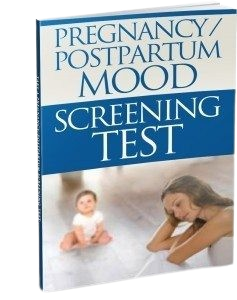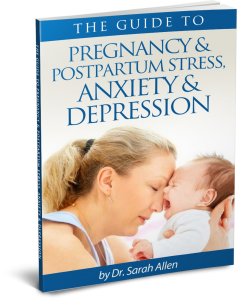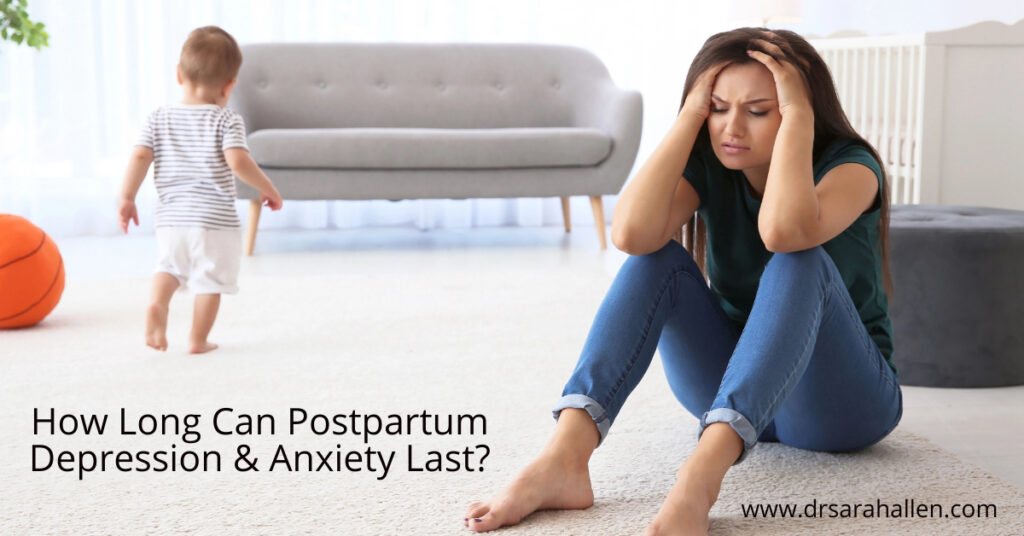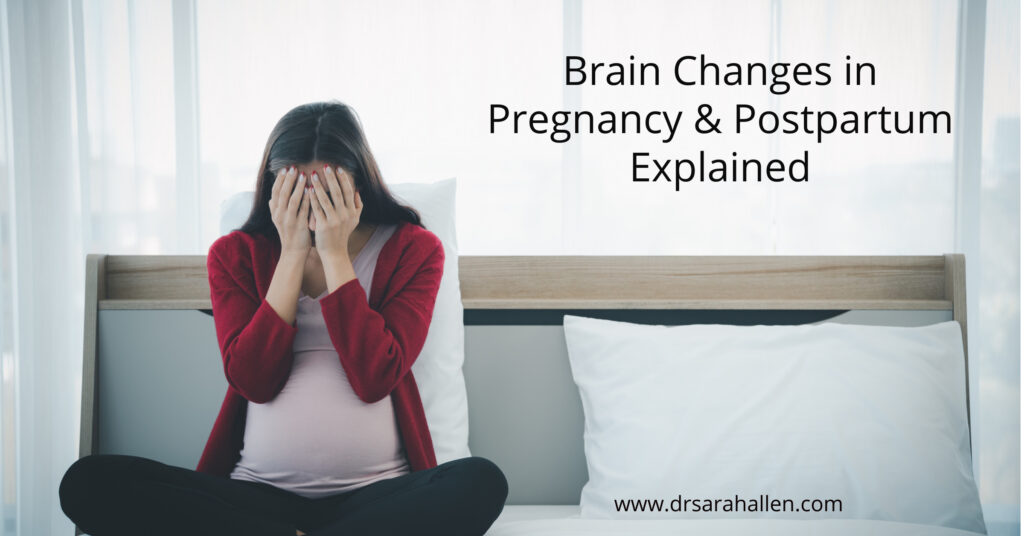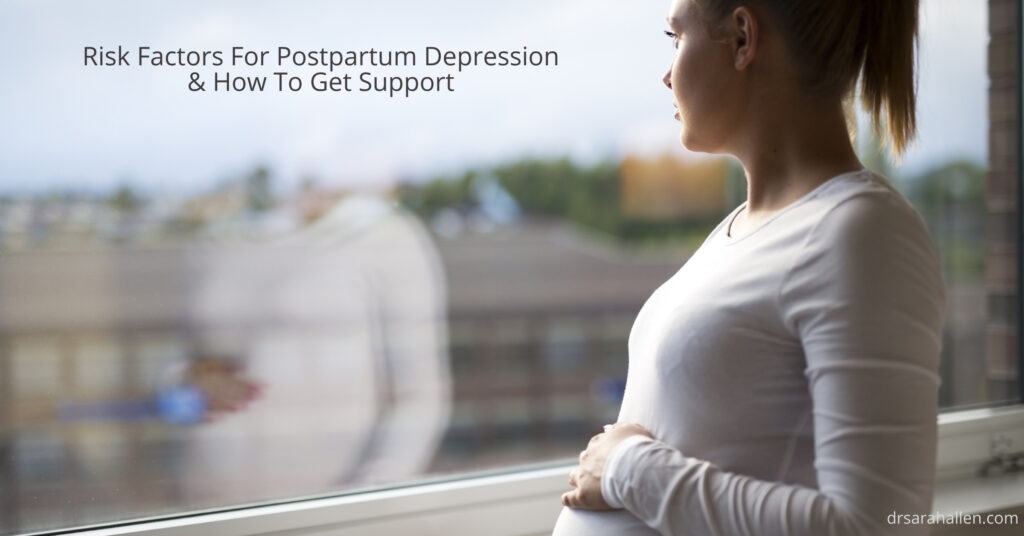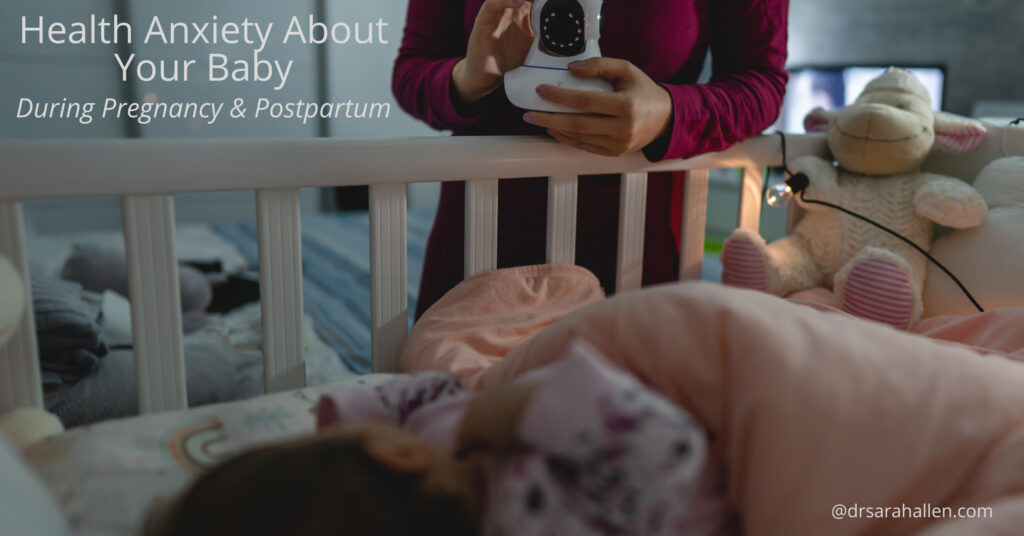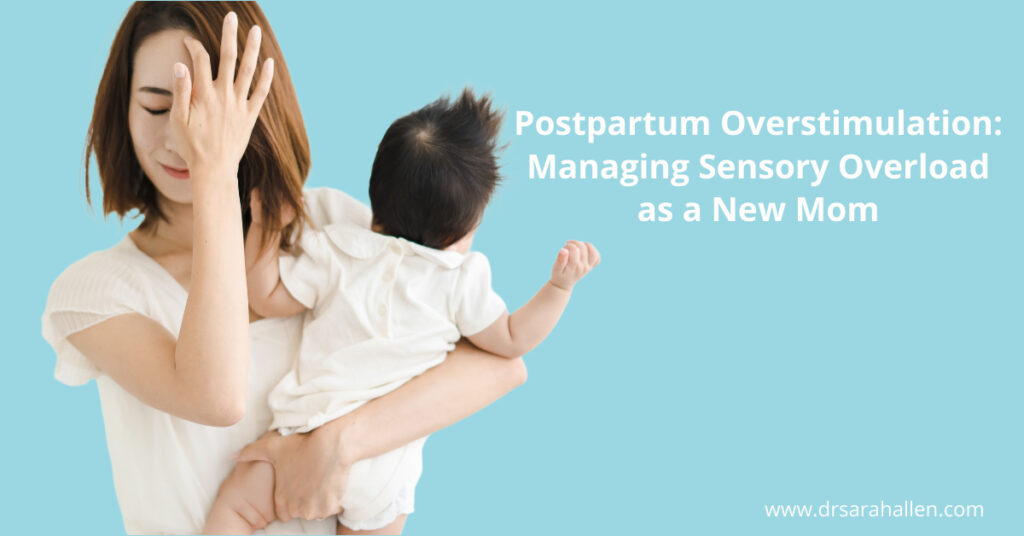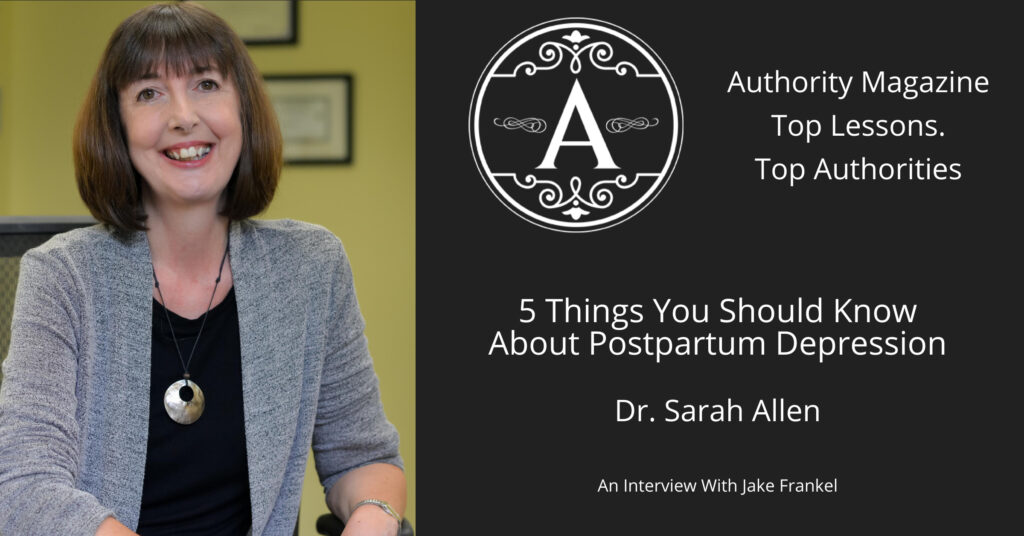
Dealing with anxiety and sleep problems during pregnancy and the postpartum period can be overwhelming. Many new and expecting mothers find it difficult to get the rest they need, which can worsen anxiety and affect their overall well-being. I have found that this lack of sleep can lead to a negative cycle of anxiety and insomnia. There have also been several studies that show that poor sleep may predispose women to pregnancy and postpartum depression and/or may contribute to worsening of depressive symptoms.
Cognitive Behavioral Therapy for Insomnia (CBT-I) is a proven method that can help break this cycle. You may be familiar with how I utilize Cognitive Behavioral Therapy (CBT) to treat pregnancy and postpartum anxiety, depression, OCD and other issues from my articles about CBT but today I want to discuss a very effective specific treatment for insomnia called CBT-I that focuses on changing the thoughts and behaviors that contribute to sleep problems, making it easier to fall asleep and stay asleep. This therapy can be modified to be especially helpful for pregnant women and new moms, who often face unique sleep challenges. Our sessions won’t only focus on this one techniques but it is a very helpful strategy and improved sleep can positively affect other aspects of your life.
Understanding how CBT-I works and how to apply its techniques can make a big difference in managing anxiety and improving sleep quality. In this article, we will explore how CBT-I can benefit you during pregnancy and postpartum, giving you practical tools to use in your daily life. With the right strategies, you can find relief and feel more rested and calm, making your journey through motherhood easier.
Understanding Sleep Problems During Pregnancy and Postpartum
Sleep problems are common during pregnancy and postpartum. Many expecting and new mothers struggle with insomnia, restless nights, and frequent wake-ups. Several factors contribute to these sleep disturbances.
Hormonal changes play a huge role in how well you sleep. During pregnancy, the body produces higher levels of hormones, which can disrupt normal sleep patterns. These hormones can cause physical discomforts such as nausea, heartburn, and frequent urination, making it hard to stay asleep.
Stress and anxiety are other major factors. Worrying about the baby’s health, preparing for childbirth, or coping with the demands of a new baby can keep your mind racing at night. This mental strain can lead to difficulty falling asleep or staying asleep.
Physical changes also impact sleep. As the baby grows, finding a comfortable sleeping position becomes more challenging. Back pain and leg cramps are common complaints among pregnant women, which can wake them up at night. New mothers often deal with sleep interruptions due to breastfeeding and caring for their newborns.
Recognizing these issues is the first step towards better sleep. Understanding why you’re having trouble sleeping can help you seek effective solutions, such as Cognitive Behavioral Therapy for Insomnia (CBT-I).
Introduction to Cognitive Behavioral Therapy for Insomnia (CBT-I)
Cognitive Behavioral Therapy for Insomnia (CBT-I) is a therapy designed to help people overcome sleep problems. It focuses on changing the thoughts and behaviors that contribute to insomnia. Unlike medication, CBT-I addresses the root cause of sleep issues, providing long-lasting results.
CBT-I works by helping you recognize and change negative thoughts about sleep. It teaches you to challenge beliefs that may be keeping you awake, such as worrying about a sleepless night or feeling pressure to fall asleep quickly. By altering these thought patterns, you can reduce anxiety and improve sleep.
The therapy also includes behavioral strategies. These strategies help you develop habits that promote better sleep. For example, CBT-I may involve creating a regular sleep schedule, avoiding naps, and establishing a relaxing bedtime routine. The goal is to retrain your body and mind to associate the bed with sleep rather than wakefulness. I
CBT-I is interactive and personalized. I will work with you to identify specific sleep issues and set practical goals. I can also provide support and guidance as you apply these techniques, making adjustments as needed.
Understanding and practicing CBT-I can be a game-changer for moms struggling with sleep issues. It offers tools that can be used anytime, enabling better sleep naturally and effectively.
Key Techniques of CBT-I for Treating Anxiety From Insomnia
CBT-I uses several key techniques to help treat anxiety and improve sleep. These methods focus on changing negative thoughts and building healthy sleep habits.
1. Cognitive Restructuring: This technique helps you identify and change unhelpful thoughts about sleep. You learn to challenge beliefs that cause anxiety, such as the fear of not getting enough sleep. By replacing these thoughts with positive ones, you can reduce worry and feel more at ease.
2. Sleep Restriction: This method limits the amount of time you spend in bed awake. By reducing the time you lie awake, you build a stronger association between bed and sleep. Over time, this can help you fall asleep faster and stay asleep longer.
3. Stimulus Control: This technique involves creating a strong link between bed and sleep. You learn to go to bed only when sleepy and to get up if you can’t sleep. Avoiding non-sleep activities in bed, like watching TV or browsing your phone, helps reinforce this connection.
4. Relaxation Training: Relaxation exercises like deep breathing, progressive muscle relaxation, and meditation can calm your mind and body. These activities reduce the physical symptoms of anxiety, making it easier to fall asleep.
5. Sleep Hygiene: Good sleep hygiene involves creating an environment and routine that promote sleep. This includes keeping a consistent sleep schedule, making your bedroom cool and dark, and avoiding caffeine and heavy meals before bedtime.
These techniques, when practiced regularly, can significantly improve your sleep and reduce anxiety. CBT-I offers practical tools you can use every day to feel more rested and relaxed.
Tips to Incorporate CBT-I Techniques into Your Routine
Applying CBT-I techniques to your daily life doesn’t have to be difficult. Here are some tips to help you incorporate these methods into your routine:
1. Set a Regular Wake-Up Time: Wake up at the same time every day, even on weekends. This helps regulate your body’s internal clock, making it easier to fall asleep at night.
2. Create a Pre-Sleep Routine: Develop a calming bedtime routine to signal to your body that it’s time to wind down. This could include reading a book, taking a warm bath, or practicing relaxation exercises.
3. Limit Screen Time: Avoid screens at least an hour before bed. The blue light from phones and computers can interfere with your ability to fall asleep.
4. Keep a Sleep Diary: Track your sleep habits and patterns. Note any thoughts or activities that impact your sleep. This can help you identify what works and what doesn’t, allowing you to make necessary adjustments.
5. Stay Active During the Day: Regular physical activity can help you fall asleep faster and enjoy deeper sleep. Just avoid vigorous exercise close to bedtime.
6. Manage Your Environment: Make your bedroom a comfortable, sleep-friendly space. Keep the room cool, quiet, and dark. Consider using earplugs or a white noise machine if noise is an issue.
By consistently applying these tips, you can make CBT-I techniques a natural part of your daily routine, enjoy better sleep, and reduce anxiety.
Conclusion
Sleep issues during pregnancy and postpartum can be tough, but CBT-I offers effective solutions and I have found it to be very effective as part of treatment for pregnancy or postpartum anxiety and depression. By understanding and using CBT-I techniques, you can improve your sleep and reduce anxiety. These methods empower you to change negative thoughts and build healthy sleep habits.
Regular practice of these techniques can make a significant difference in your life. Better sleep can lead to improved mood, energy, and overall health. If you need support to tackle insomnia and maybe also learn coping techniques for dealing with any maternal anxiety or depression issues that contribute to, or result from insomnia, I am here to help. I have many articles about issues that arise during the pregnancy and postpartum months on my website. Taking care of yourself is crucial for being about to take care of your baby. Reach out to me, I am here to support you at a time that for many, is a difficult life transition.

Dr. Sarah Allen has 25+ years of experience in private practice helping women to transition to being the mom they want to be. She is the Founding Director of the statewide non-profit Postpartum Depression Alliance of IL. She also specializes in pregnancy loss & infertility & has published research on postpartum depression and traumatic childbirth.
If you would like to work with Sarah, please phone her at 847 791-7722 or on the form below.
If you would like to read more about me and my areas of specialty, please visit Dr. Sarah Allen Bio. Dr. Allen’s professional license only allows her to work with clients who live in IL, FL & the UK and unfortunately does not allow her to give personalized advice via email to people who are not her clients.
Dr. Allen sees clients in person in her Northbrook, IL office or remotely via video or phone.

What Can I Read That Helps Me While I Am Waiting For My First Appointment With Sarah?
If you feel that you may be experiencing pregnancy or postpartum mood disorder, or worry that you may be at risk of developing it, please download my free booklets below.
See each specific webpage to download one or many.
